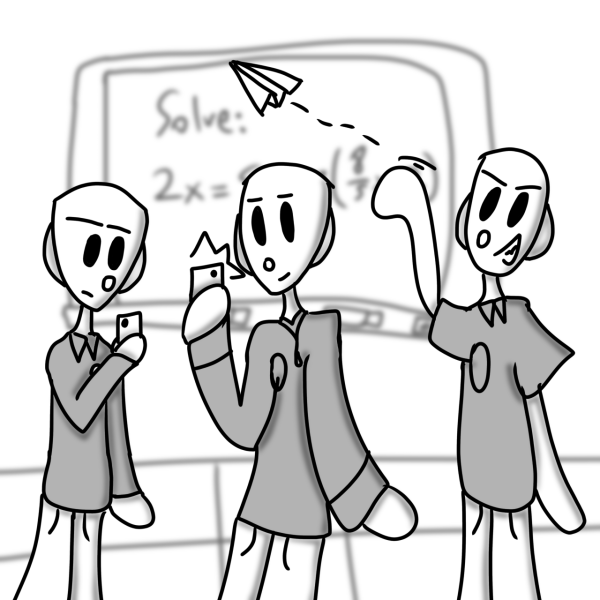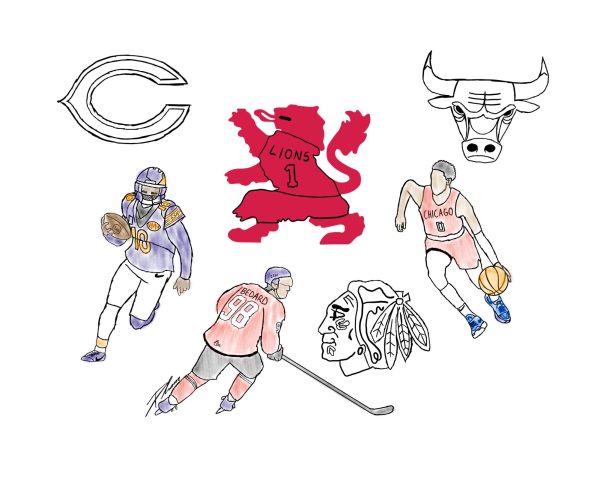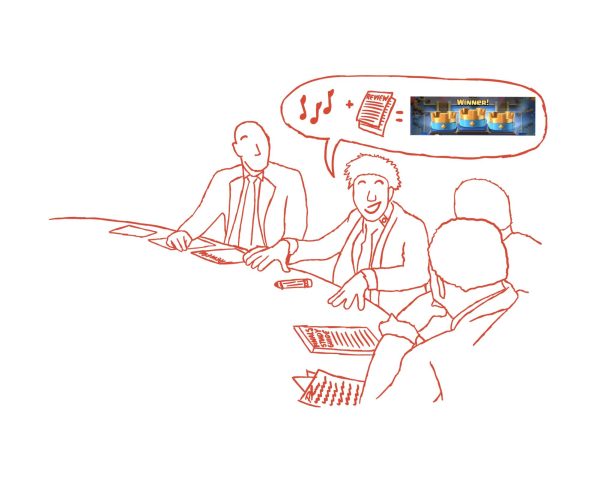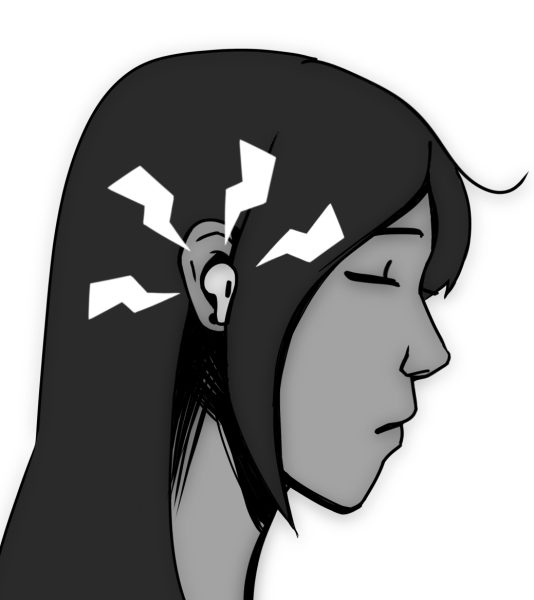Education isn’t just for pursuing a career

To college students, and especially to their parents, employment after graduation is of the highest importance. To try to guarantee a job, they earn a fashionable degree and spend years honing their twenty-first century skills, among which are thinking and speaking. As a capitalist I believe it is good that students aim to satisfy demand in the market and to provide financially for themselves and their families. However, the purpose of education is not solely to teach people how to make money.
In terms of division of labor, our economy functions essentially like this: you use your natural abilities and your training to provide a good or service for which other people are willing to pay you. You now have money to buy food and a house and running water, and you have produced something useful and beneficial for the community. That is Adam Smith’s famous invisible hand. By working in your own interest, you unintentionally serve the interest of society.
However, financial security should free you to pursue other pastimes; once you can comfortably pay the bills, further earnings are incidental. To many people, a job is necessary as a source of income and as something about which to complain to the neighbors. If the only thing these people studied in college was what they needed for the job they despise, their intellectual lives cannot be very stimulating.
Education has two purposes. One is obviously to prepare students for careers. The other, which is more important, is to cultivate their minds. Knowledge is often its own reward. Using college only to amass practical abilities is like using Secretariat to pull a wagon. College is a lode of almost all the world’s knowledge, much of which will never earn the average person a single cent, but there is a certain pleasure in learning that cannot be matched by all the world’s gold. Life can never be satisfying if the wallet is gorged but the soul is starved.
Your donation will support the student journalists of Saint Viator High School. Your contribution will allow us to purchase equipment and cover our annual website hosting costs.







